ETICO
Marta was born in 1986. Her first encounter with fashion was in her twenties, after she had graduated from upper secondary school and attended a – “disastrous”, in her own words – year at the School of Economics: Marta worked for two years in the Product department of an important fashion brand, supervising all the steps of a collection production process. She then resigned, she says, because she could not stand the idea of a poor-quality product made in China, Turkey or Morocco being sold at €300: “It wasn’t fair, it did not work for me, and at the time there wasn’t even so much talk about environmental impact and the working conditions of the labour force”, she comments. After that experience, Marta enrolled at the Academy of Fine Arts in Bologna, taking courses in Design and Industrial Design: “There, I realised that the concept of product industrialisation wasn’t for me”. Marta goes over her reflections at the time: “I was thinking that ‘industrialised products’ would no longer make sense in the near future, that losing the knowledge and craftsmanship of artisans would become a problem. When I graduated, I didn’t know where to turn…”
The answer lied in her aunt’s old fabric offcut shop, which had by then closed but still had plenty of fabrics in stock. “I’ve liked sewing since my childhood: why not listen to the ‘talent’ I already had as a child?” I asked myself. So, I attended a patternmaking school and then started working for another company in the area, where I stayed for a year. I took notes on what was wrong and what should be done, but then I quit because I found no will to open up and listen to the ideas of the younger generation that was joining a family business”.
At that point, all she could do was start her own business. At first, Marta’s idea was to use fabrics disposed of by large companies to create clothes. When she met Valentina, who, after patternmaking school, had attended a course in eco-printing (a natural printing technique reproducing the shapes and colours of leaves, flowers, berries, seeds or bark and other vegetable elements on fabric), they developed a joint project that combined the use of fabric with natural dyeing and printing techniques. “We started to display and sell our clothes at some markets and met with considerable success”. And so, the path was taken: it was with Valentina that Marta arrived in Ripe San Ginesio. ético – Sartoria marchigiana was born, bearing a name that reflects the business’s core values: creating ethical garments and being deeply rooted in the Marche region. The two partners worked together until the spring of 2022.
